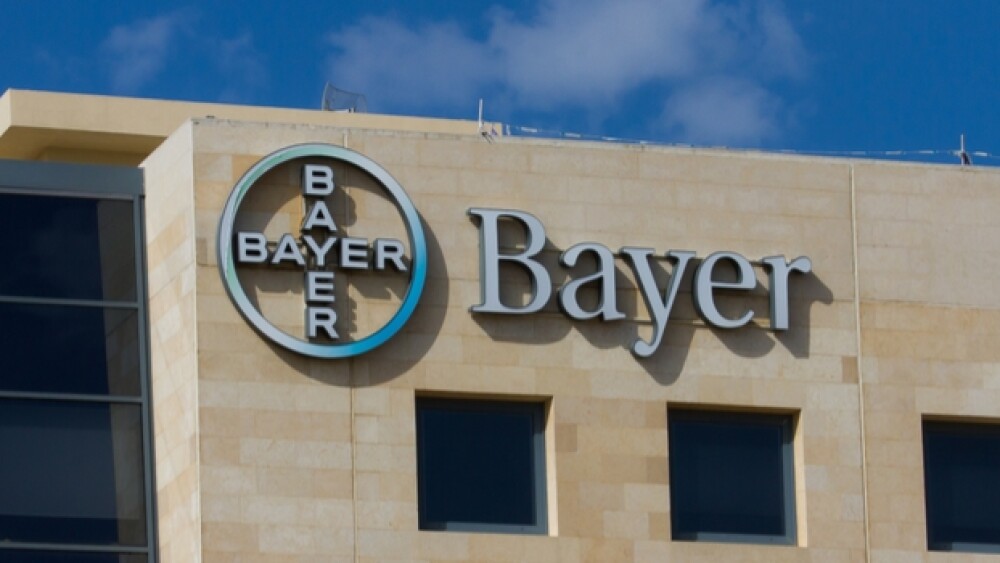The U.S. Food and Drug Administration approved Bayer’s Nubeqa (darolutamide) for non-metastatic castration-resistant prostate cancer.
photobyphm / Shutterstock
The U.S. Food and Drug Administration (FDA) approved Bayer’s Nubeqa (darolutamide) for non-metastatic castration-resistant prostate cancer (nmCRPC).
Nubeqa is an androgen receptor inhibitor (ARI). The approval is based on the Phase III ARAMIS clinical trial that evaluated Nubeqa plus androgen deprivation therapy (ADT). It showed highly significant improvement in metastasis-free survival (MFS), with a median of 40.4 months compared to 18.4 months for placebo plus ADT. That was the primary efficacy endpoint.
The drug was approved under the agency’s Priority Review designation.
“Patients at this stage of prostate cancer typically don’t have symptoms of the disease,” stated Matthew Smith, director of the Genitourinary Malignancies Program at Massachusetts General Hospital Cancer Center. “The overarching goals of treatment in this setting are to delay the spread of prostate cancer and limit the burdensome side effects of therapy. This approval marks an important new option for the prostate cancer community.
In the U.S., it is projeected that this year 73,000 men will be diagnosed with castration-resistant prostate cancer. Of them, about 40% have cancer that hasn’t spread to other parts of the body and is associated with a rising prostate-specific antigen (PSA) level, despite a castrate testosterone level, known as nmCRPC. About a third of men with nmCRPC develop metastases within two years.
In the ARAMIS trial, both arms showed a 9% discontinuation rate from adverse side effects. The most common adverse reaction requiring discontinuation included cardiac failure (0.4%) and death (0.4%). More frequent side effects in the Nubeqa arm were fatigue, pain in extremities and rash.
Data from the trial was published earlier this year in The New England Journal of Medicine.
Nubeqa is jointly developed by Bayer and Orion Corporation, a company in Finland.
Bayer has also filed with regulators in Europe, Japan and other countries.
“With the approval of Nubeqa, we now have a new therapy that extends MFS and allows physicians greater flexibility to treat men living with nmCRPC,” stated Robert LaCaze, Member of the Executive Committee of Bayer’s Pharmaceuticals Division and Head of the Oncology Strategy Business Unit at Bayer. “Bayer is proud to take this latest step forward in the nmCRPC treatment landscape. Nubeqa is the newest addition to our prostate cancer portfolio and reflects Bayer’s commitment to finding treatments for men at different stages along the prostate cancer continuum.”
This is the second oncology approval for Bayer in the last eight months. On November 26, 2018, the FDA approved Vitrakvi (larotrectinib) for adult and pediatric patients with solid tumors with a neurotrophic receptor tyrosine kinase (NTRK) gene fusion without a known acquired resistance mutation. The patient groups are either metastatic or where surgical resection is ruled out because of likely severe morbidity, and in patients who have no satisfactory alternative treatments, or whose cancer has progressed after treatment.
That approval was based on data from three clinical trials, LOXO-TRK-14001, SCOUT, and NAVIGATE. Bayer developed the drug with Loxo Oncology. Because it was approved under the Accelerated Approval program, continued approval may be contingent on verification and confirmatory clinical trials.





